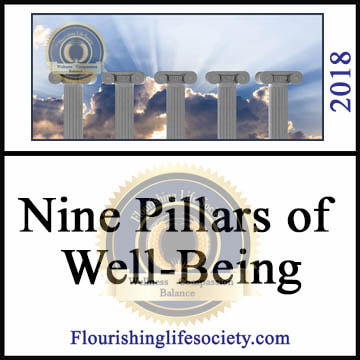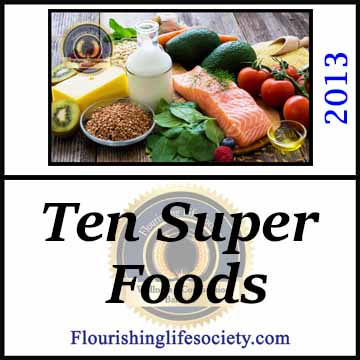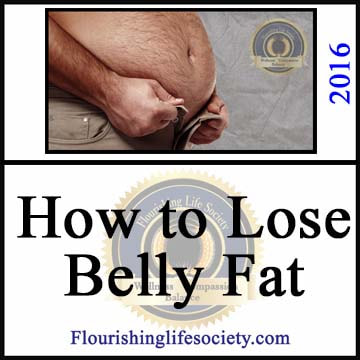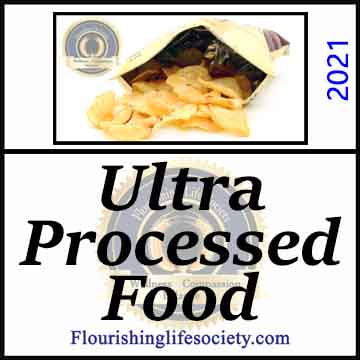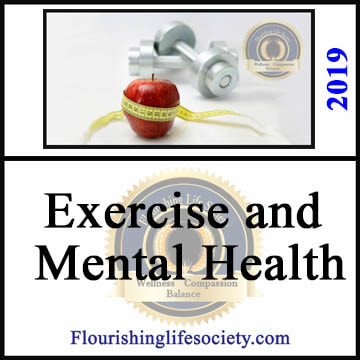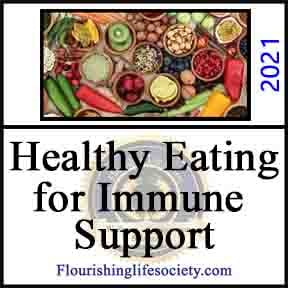BY: Dawn Arda | June 9, 2021
Diet plays a significant role in our immune support. Our food choices can have a big impact on improving our immunity.
|
We know that food has a huge influence on our health and wellbeing. In a post-Covid world, many of us want to improve our immunity to disease. Our food choices can have a big impact on this.
Ways to support our immune system include:
A Balanced and Varied DietHaving a balanced and varied diet will help contribute to a healthy immune system. There are many nutrients that work together to support immune health - vitamin C, the B vitamins, zinc and selenium to name but a few. Making sure we have plenty of variety, and a good balance of all the food groups in the diet, will help towards getting the range of nutrients our bodies need for optimal immune health.
"The gut-brain axis is a two-way communication system between the brain and digestive tract. This communication involves complex crosstalk between the central nervous system, immune system and endocrine (hormone) system."
Dawn Arda Supporting Gut HealthScientists are continually discovering the massive influence our gut bacteria have on our immunity. Supporting our gut microbiome is therefore a good way to support the immune system. We can do this by eating a variety of plant foods which feed our healthy gut bacteria and encourage them to thrive. Our good gut microbes typically feed on non-digestible plant fibres, such as found in asparagus, broccoli, garlic, onions, artichokes, lentils, chick peas, nuts, seeds, oats, cabbage, leeks and whole grains. We can also reduce our intake of sugar, processed foods and unhealthy fats which encourage bad bacteria.
Filling up on PhytonutrientsEating lots of fresh colourful foods will help us to fill up on phytonutrients. These are biologically active compounds found in fruit, vegetables and other plant foods such as nuts, seeds, teas and cocoa. These protective compounds help to promote health and fight disease. Over 25,000 different phytonutrients have been found so far. These all have different and various benefits, such as acting as antioxidants, anti-inflammatories and protecting against heart disease and cancer.
One class of phytonutrients that are particularly good for immune health are bioflavonoids. These are found in citrus fruits, berries, grapes, peaches, nectarines, red peppers, broccoli, plums, melons, tea, tomatoes and other foods high in vitamin C. They help to boost the benefits of vitamin C by inhibiting its breakdown in the body. They act as antioxidants and have also been reported to have antiviral, anti-allergic and anti-inflammatory properties (1). Immune-Supporting FoodsThere are certain foods and botanicals that have been traditionally used support immune health. Examples include garlic, ginger, Echinacea and elderberry.
Garlic has been used for centuries as a traditional remedy. Research suggests garlic enhances the immune system by stimulating certain immune cells (2). Some studies also suggest it can reduce the risk of getting colds and flu, and may also reduce the length and severity of the illness (3).
Often used in tea as a cold remedy in the East, ginger has been shown to have antibacterial, anti-inflammatory as well as anti-viral properties (4).
A popular herbal remedy for colds, research suggests Echinacea may increase numbers of white blood cells, which fight infection. Studies show that taking Echinacea for a short period (4 months) appears to reduce the number of colds caught. (However, trials of long-term use have not shown similar results) (5).
Berries in general are good for the immune system. Elderberry in particular has been shown in clinical trials to shorten the length of time a cold or flu is suffered as well as the intensity. Research also suggests that elderberry may suppress viral activity (6).
"A balanced diet that includes all the essential foods groups, and is rich in variety and diversity will support immune health and encourage an optimal immune response."
Dawn Arda Immune SuppressorsAs well as upping our intake of healthful nutrients, we can also limit foods that suppress the immune system. These include sugar, excess caffeine and alcohol. Sugar weakens the immune system and reduces its ability to fight infections. Too much caffeine has been shown to increase our levels of the stress hormone cortisol. In turn, raised levels of cortisol have been shown to decrease the ability of the immune system to fight infections. Too much alcohol is another immune suppressor, significantly weakening our defences and increasing our susceptibility to certain diseases. Limiting alcohol intake can therefore benefit the immune system.
Other FactorsSleep, exercise and our state of mind also play an important part in our immune health. Regular exercise has been shown to have a protective effect on the immune system. Adequate sleep is also important. While we sleep our body regenerates and repairs itself. Lack of sleep can suppress immune function and weaken the immune system. Adults usually need seven to nine hours of sleep per night.
The immune system is also affected by our state of mind. Stress suppresses the immune system and makes us more vulnerable to illness and infections. Finding ways to manage stress and relax can therefore help with immunity. Going for a walk, having a bath, listening to music and practising deep breathing and mindfulness techniques are all ways that can help. Final NoteIn the current climate of uncertainty and continual change, making a conscious effort to look after our health and fitness is something we can all do to take back some control and better protect ourselves.
Please support Flourishing Life Society with a social media share or by visiting a link:
References:
|
|






